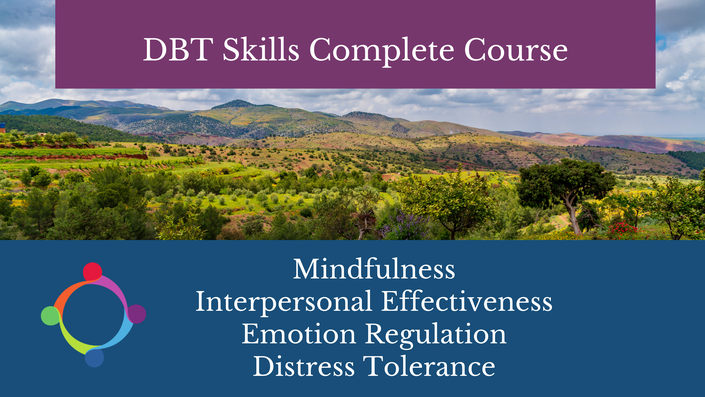About this presentation
Ketamine-Assisted Psychotherapy (KAP) is an evidence-based treatment for treatment-resistant depression. It also has a growing research base evidencing its effectiveness with other mental health issues. The presenters will provide a summary of the latest research on KAP, including an understanding of its mechanism of action, routes of administration, best practices, diagnoses that have research support, and legal and ethical issues. The presentation will also provide guidance on appropriate clients for KAP and the use of KAP with diverse populations.
Attendees will be given resources for training and further information. There are no known risks to attendees or clients. As with all clinical interventions, attendees should be thoughtful about applying KAP skills without appropriate training and supervision.

What you'll learn
At the conclusion of this presentation, attendees should be able to describe KAP, the manner in which ketamine affects the brain and body, and appropriate clients for KAP.
Learning Objectives:
- Attendees will be able to summarize the mechanism of action of ketamine.
- Attendees will be able to list diagnoses with research support for the use of KAP.
- Attendees will be able to outline the elements of KAP, including the different routes of administration.
About your teachers
Shelle Welty, PsyD, has completed Integrative Psychiatry Institute’s 250-hour program in psychedelics, which included extensive didactic and experiential training in ketamine-assisted psychotherapy (KAP). Dr. Welty specializes in the treatment of PTSD and complex trauma, offering KAP as part of a holistic approach to the treatment of complex trauma and mood disorders.
Tammy Clouston, LCSW is a board approved supervisor and has also completed Integrative Psychiatry Institute’s 250-hour program in psychedelics, which included extensive didactic and experiential training in ketamine-assisted psychotherapy (KAP). Tammy specializes in the treatment of PTSD and complex trauma, group therapy, and suicide risk and prevention. Tammy uses KAP in her work with clients with complex trauma and mood disorders.

CE Approval
UCEBT is approved by the American Psychological Association to sponsor continuing education for psychologists. UCEBT maintains responsibility for this program and its content.
Additionally, this presentation is approved for ethics homestudy CE credit through NASW-UT, UAMFT, and UMHCA.
Program Notices
This presentation is an introduction to ketamine-assisted psychotherapy, intended to provide an overview of the elements of KAP. More comprehensive training should be undertaken prior to administering KAP.
Conflicts of Interest: None.
Commercial Support: None.
References
Halstead, M., Reed, S., Krause, R. & Williams, M. (2021). Ketamine-assisted psychotherapy for PTSD related to racial discrimination. Clinical Case Studies, 20(4), 310-330. DOI: 10.1177/1534650121990894
Hess, E., Riggs, L., Michaelides, M., & Gould, T. (2022). Mechanisms of ketamine and its metabolites as antidepressants. Biochemical Pharmacology, 197:114892. doi: 10.1016/j.bcp.2021.114892
Wilkinson, S., Rhee, T., Joorman, J., et al. (2021). Cognitive behavioral therapy to sustain the antidepressant effects of ketamine in treatment-resistant depression: A randomized clinical trial. Psychotherapy and Psychosomatics, 90(5):318-327. doi: 10.1159/000517074

